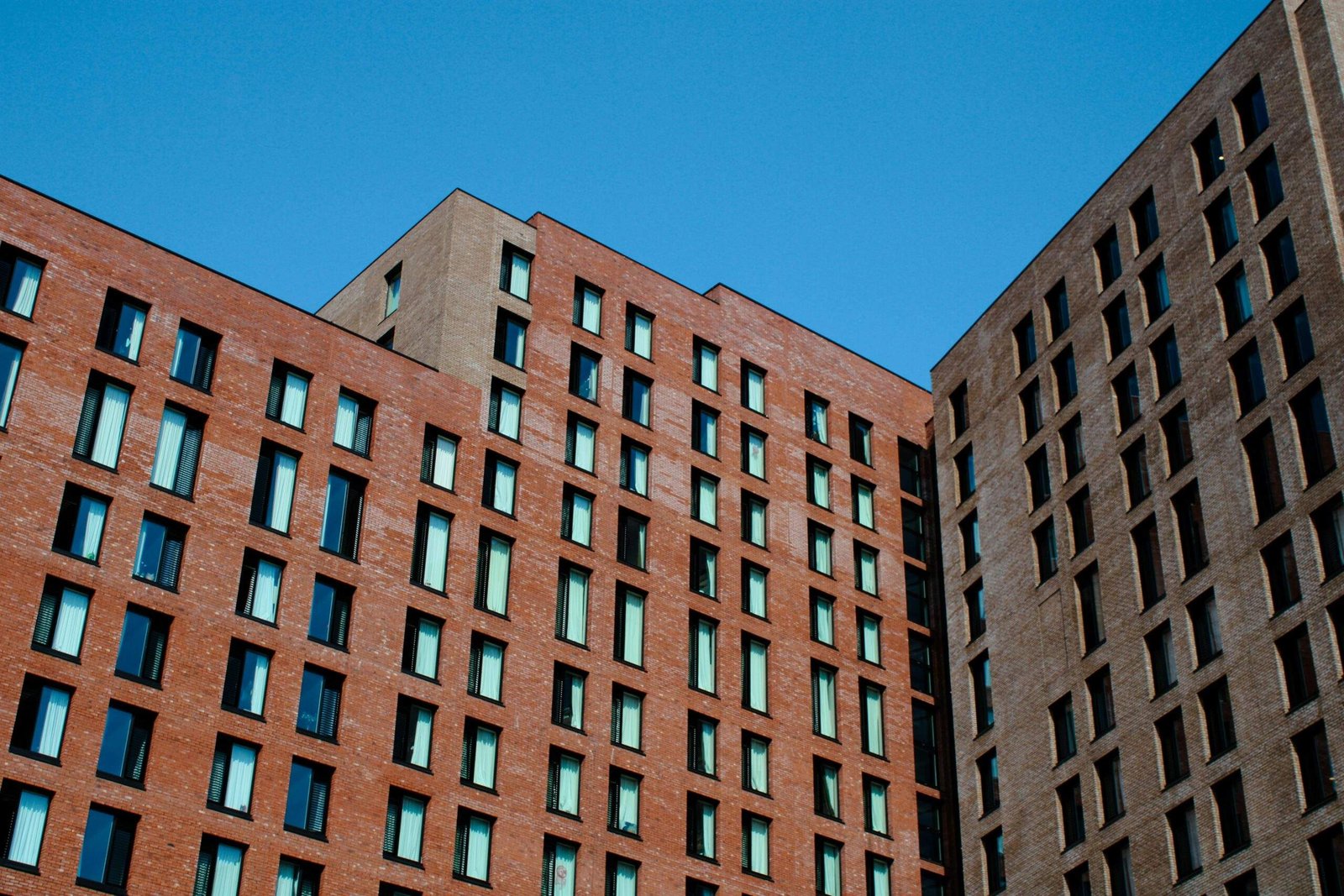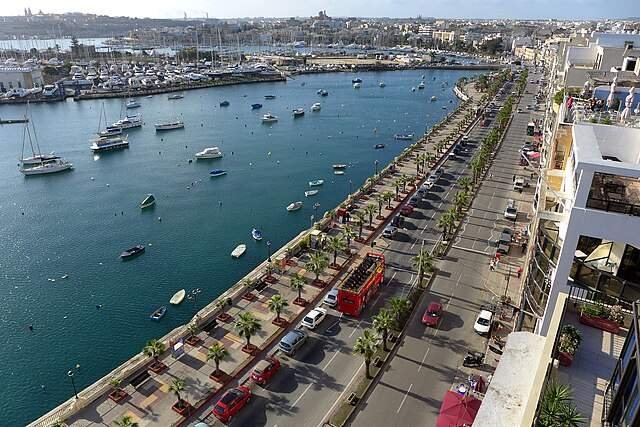Understanding Student Accommodation Options in Malta
When considering options for student accommodation in Malta, one can find a variety of choices tailored to differing individual needs and preferences. Predominantly, students may choose from university dormitories, private rentals, shared apartments, and homestays, each offering a distinct living experience.
University dormitories are popular among newcomers to Malta, as they often provide an immediate sense of community. Living arrangements in these facilities typically include shared rooms or apartments, and they often encompass essential amenities such as internet access and common social areas. However, the social environment can be a double-edged sword, as some may find the noise levels disruptive or the lack of privacy challenging.
For those who prefer more independence, private rentals are a viable option. Renting an apartment or studio can afford students the freedom to design their living space as they see fit. Nevertheless, this option may come with higher costs, and students should consider their budgets carefully. Furthermore, it is essential to evaluate the location of the rental, ensuring accessibility to public transport and proximity to educational institutions.
Shared apartments remain a popular choice for students aiming to split costs while still maintaining a degree of privacy. This option encourages collaboration on expenses while offering a social dynamic that can facilitate friendships. However, the compatibility of housemates is a crucial factor to consider. A harmonious living arrangement can significantly contribute to a healthy communal environment.
Lastly, homestays offer students the opportunity to immerse themselves in Maltese culture. Living with local families allows for a unique cultural exchange, along with home-cooked meals and personal support. Although this option may not provide as much independence, it can greatly enhance one’s experience while living abroad.
In conclusion, selecting the right student accommodation in Malta involves evaluating individual preferences against the types of available options. Assessing budget, amenities, safety, and accessibility will aid in determining the most suitable living arrangement for one’s academic journey.
Finding the Right Accommodation: Tips and Resources
When searching for student accommodation in Malta, timing is critical. Ideally, begin your search at least two to three months before the academic year starts. This will allow you ample time to explore various options and secure a suitable place. Start by identifying the areas that are conveniently located near your institution. Popular neighborhoods such as St. Julian’s, Sliema, and Valletta often attract students due to proximity to universities and vibrant social life.
For listings, leverage both online and offline resources. Websites like Malta Home Search, Property Market, and local real estate agencies can provide a wealth of options. Platforms such as Facebook groups dedicated to students in Malta may also yield helpful leads. These channels frequently feature listings that cater specifically to student needs, such as shared accommodations, which can be a financially advantageous choice.
It is advisable to approach local real estate agents who specialize in student housing. These professionals can assist you in navigating the competitive rental market in Malta, ensuring that you have access to properties that meet your criteria. When contacting landlords or agents, it is essential to prepare a list of important questions. Inquire about the rental terms, utilities included in the lease, and any additional fees or deposits required.
Before signing any lease agreement, visit the property. This step is crucial in verifying the condition and suitability of the accommodation for your needs. During your visit, observe the level of cleanliness, functionality of appliances, and general safety of the premises. Additionally, understanding the lease’s terms is paramount; clarify the duration of the lease, renewal options, and the process for terminating it if necessary.
Finally, don’t hesitate to negotiate rental prices based on your findings. Engaging in price discussions can lead to reductions that align with your budget. However, be mindful of common pitfalls, such as overlooking hidden fees and rushing into agreements without thorough consideration. By following these guidelines, you will be well-equipped to find student accommodation in Malta that meets your expectations and needs.
Cost of Living: Budgeting for Student Accommodation in Malta
When considering student accommodation in Malta, understanding the associated costs is essential for effective budgeting. The overall cost of living for students involves various factors including rent, utilities, groceries, and transportation. Students can choose from different types of accommodation such as shared flats, private rooms, or university-owned residences, each with its distinct price range.
On average, renting a shared room in a flat can cost between €250 to €400 per month, depending on the location and amenities offered. A private room may range from €400 to €600, with prices higher in popular student areas like Sliema and St. Julian’s. University accommodations often provide competitive rates but may come with additional stipulations regarding tenancy duration and the requirement to purchase meal packages.
In addition to rent, students should account for utility expenses, which typically include electricity, water, and internet. The total utility bill can average around €100 monthly, depending on consumption levels and whether utilities are included in the rent. It is advisable to set aside a portion of the budget for additional costs like internet fees and maintenance charges, which can vary based on the accommodation provider.
Groceries also form a significant part of the monthly budget. Students can save costs by shopping in local markets or supermarkets, expecting to spend approximately €150 to €250 per month, depending on dietary needs and lifestyle. Transportation costs, including local bus fares, are relatively affordable, averaging about €26 for a monthly pass, which is often a convenient option for students traveling daily to campus.
Ultimately, planning a comprehensive budget that encompasses all factors is vital for students residing in Malta. By evaluating the average associated expenses and potential extra costs, students can gain a holistic view of their financial commitments, ensuring a more manageable living experience while pursuing their studies.
Living in Malta: What to Expect as an International Student
Living in Malta as an international student offers a unique blend of cultural experiences, vibrant communities, and avenues for personal growth. The island is known for its warm, welcoming atmosphere, which makes it an ideal destination for students from diverse backgrounds. Upon arrival, students will find themselves immersed in a lively student community, with a tapestry of cultures contributing to the overall experience. Malta is home to numerous universities and institutions that attract students globally, fostering a rich environment for collaboration and learning.
Cultural diversity is one of Malta’s defining characteristics. The local customs and traditions often reflect a blend of Mediterranean influences, making interactions with fellow students and locals enriching. As an international student, it is beneficial to engage with these customs by participating in local festivals, culinary experiences, and community events. This not only enhances one’s understanding of Maltese culture but also facilitates connections with others who share similar interests.
When it comes to essential services, Malta is well-equipped to support international students. Healthcare is accessible with numerous clinics and hospitals throughout the island, while banking services cater to students’ needs, allowing for efficient management of finances. Students are encouraged to open a local bank account to facilitate transactions and manage their funds properly. Additionally, various student organizations and groups exist to help newcomers acclimatize to their new environment, including academic societies and social clubs.
To make the most of their time in Malta, students should actively seek opportunities to immerse themselves in the local culture. Learning the Maltese language, participating in community service, and attending social gatherings are great ways to build friendships and enhance cultural understanding. In conclusion, living in Malta provides international students with a rich, multifaceted experience that promotes personal and academic growth. Embracing this opportunity can lead to lasting memories and connections.





